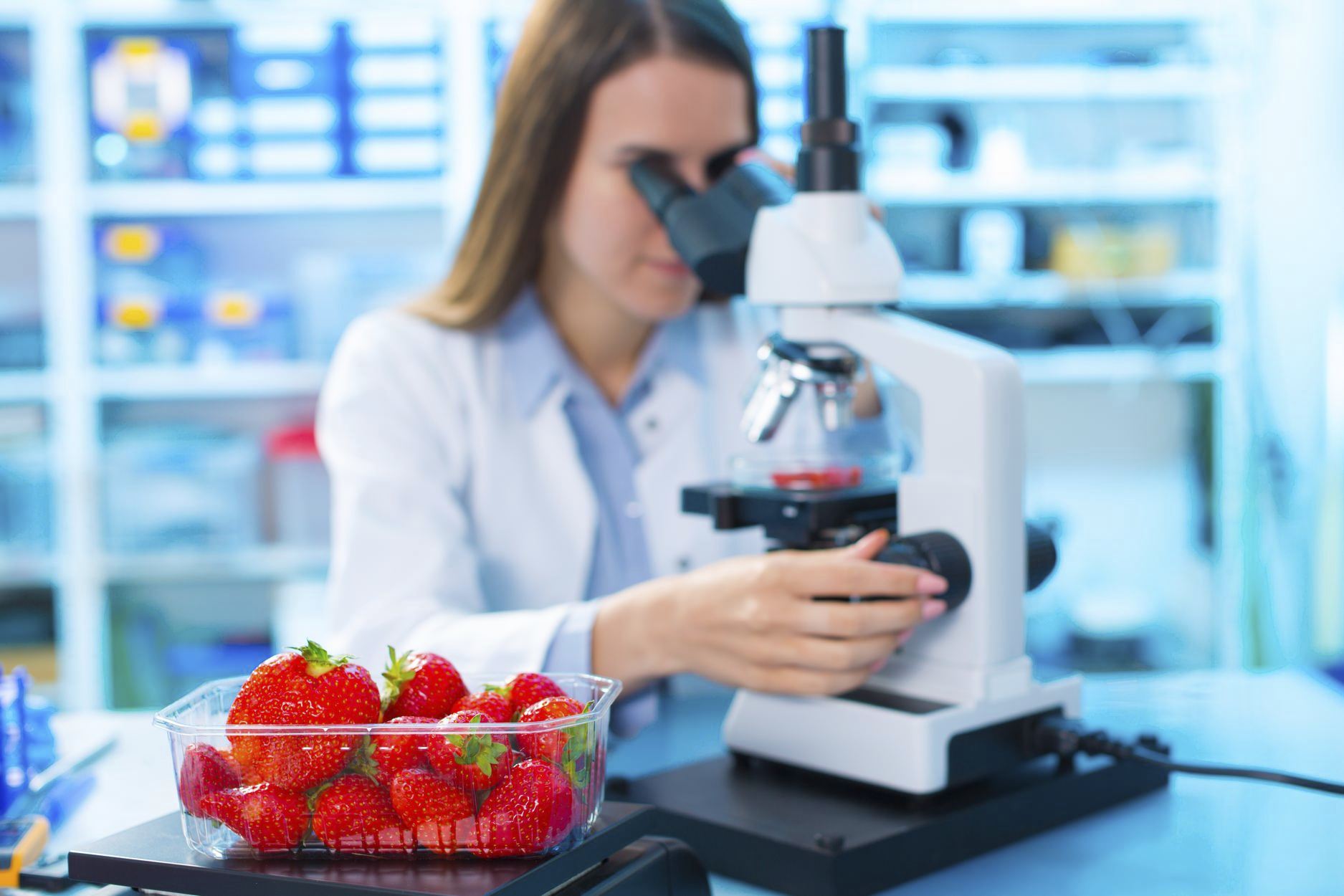
Canada takes food safety seriously. In fact, we have one of the best food safety systems in the world, according to the Canadian Food Inspection Agency (CFIA). In fact, the agency notes that “while no food system can guarantee zero risk, the CFIA’s comprehensive approach to inspection ensures that its resources are focused where the risk is highest and verifies the industry is producing safe food for consumers.”
Of course, at the center of this world-class system are top professionals with food technology training. These diligent professionals work as production associates, food safety and quality assurance technicians, microbiologist technicians, product development technologists, product testers and more.
They help ensure that plants stay clean, top safety standards are met, and that the foods Canadians enjoy stay healthy and safe to consume. Why does Canada need more of these top professionals? Read on to find out.
Professionals with Food Technology Training are in Demand in Canada
According to recent statistics from Service Canada, professionals with food technology training are in demand. Service Canada rated job prospects for these professions as “good”—the organization’s highest possible rating.
Service Canada also notes that “these opportunities are available first to new graduates” and that “members of this occupation can also obtain promotions to supervisory and management positions.” This means that once you’ve earned your food safety diploma, you can look forward to a long and stable career in a top in-demand field.
Retiring Workers Create Opportunities for New Grads with Food Technology Training
One of the top reasons why Canada needs more food safety professionals is that many current employees are retiring, or are set to retire soon. As Service Canada notes, “opportunities will primarily result from positions left vacant by chemical technologists and technicians who retire.”
As Baby Boomers get older, more and more professionals in quality control will be looking to retire, leaving plenty of room for new recruits to begin their careers.
The Work of Food Quality Assurance and Quality Control Professionals Saves Lives
Another top reason why Canada needs food safety professionals is that the work they do is crucial to the safety of Canadians. It’s hard to overstate just how important food safety is. While serious outbreaks in our food supply are rare, they can often result in devastating consequences. For instance, as a result of 2008 listeria outbreak, 57 people across seven provinces became ill and 22 died.

Food safety professionals keep food supplies safe
And while the loss of life is the worst outcome of an outbreak, it is by no means the only effect that an outbreak can have on a country. As the World Health Organization points out:
“Food contamination has far reaching effects beyond direct public health consequences—it undermines food exports, tourism, livelihoods of food handlers and economic development, both in developed and developing countries.”
That’s why food safety professionals provide a crucial and much-needed role in our communities. They help keep Canadians safe, and prevent tragedies from striking again.
How Can You Become a Food Quality Assurance and Quality Control Professional?
If you’re interested in a career in food quality assurance and quality control, you’ll need to complete hands-on and in-depth training in everything from GMPs and HACCP to technical writing and more. That’s why the help of a top college is so important—it can help you develop the skills that employers are looking for in new food safety recruits.
Colleges like AAPS provide students with the hands on skills they need to enter the job market with confidence. As a graduate of the Food Safety & Quality program at AAPS says:
“The copious exposure to the industry language and practical exercises in the classroom and lab were valuable. The FSQ program was able to cover all the grounds needed to allow me to feel comfortable and confident when starting the first stage of my career.”
Ready to begin your studies and obtain your food safety diploma?
Visit AAPS to start your training and begin the path to a rewarding new career in food safety.



